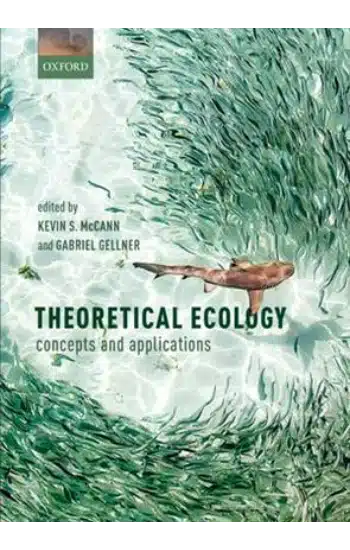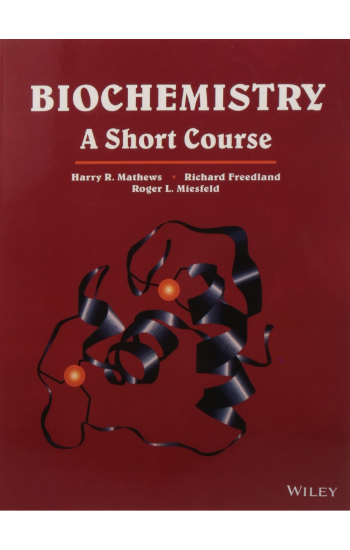
Save: 15%

Save: 20%
THEORETICAL ECOLOGY
Publisher:
| Author:
| Language:
| Format:
₹1,995 ₹1,596
Save: 20%
In stock
Ships within:
In stock
| Weight | 636 g |
|---|---|
| Book Type |
ISBN:
Page Extent:
Theoretical Ecology: concepts and applications continues the authoritative and established sequence of theoretical ecology books initiated by Robert M. May which helped pave the way for ecology to become a more robust theoretical science, encouraging the modern biologist to better understand the mathematics behind their theories. This latest instalment builds on the legacy of its predecessors with a completely new set of contributions. Rather than placing emphasis on the historical ideas in theoretical ecology, the Editors have encouraged each contribution to: synthesize historical theoretical ideas within modern frameworks that have emerged in the last 1-2 years (e.g. bridging population interactions to whole food webs); describe novel theory that has emerged in the last 2 years from historical empirical areas (e.g. macro-ecology); and finally to cover the rapidly expanding area of theoretical ecological applications (e.g. disease theory and global change theory). The result is a forward-looking synthesis that will help guide the field through a further decade of discovery and development. It is written for upper level undergraduate students, graduate students, and researchers seeking synthesis and the state of the art in growing areas of interest in theoretical ecology, genetics, evolutionary ecology, and mathematical biology.
Theoretical Ecology: concepts and applications continues the authoritative and established sequence of theoretical ecology books initiated by Robert M. May which helped pave the way for ecology to become a more robust theoretical science, encouraging the modern biologist to better understand the mathematics behind their theories. This latest instalment builds on the legacy of its predecessors with a completely new set of contributions. Rather than placing emphasis on the historical ideas in theoretical ecology, the Editors have encouraged each contribution to: synthesize historical theoretical ideas within modern frameworks that have emerged in the last 1-2 years (e.g. bridging population interactions to whole food webs); describe novel theory that has emerged in the last 2 years from historical empirical areas (e.g. macro-ecology); and finally to cover the rapidly expanding area of theoretical ecological applications (e.g. disease theory and global change theory). The result is a forward-looking synthesis that will help guide the field through a further decade of discovery and development. It is written for upper level undergraduate students, graduate students, and researchers seeking synthesis and the state of the art in growing areas of interest in theoretical ecology, genetics, evolutionary ecology, and mathematical biology.
About Author
Reviews
Clear filtersThere are no reviews yet.
Related products
Chemistry For Degree Students – Iii Yr (Lpspe)
Save: 25%
ANIMAL PHYSIOLOGY ADAPTATION AND ENVIRONMENT
Save: 20%
RELATED PRODUCTS
ANIMAL PHYSIOLOGY ADAPTATION AND ENVIRONMENT
Save: 20%
BIOS INSTANT NOTES ORGANIC CHEMISTRY, 2ND EDITION
Save: 20%
Chemistry For Degree Students – Iii Yr (Lpspe)
Save: 25%
ELECTROMAGNETIC FIELD THEORY FUNDAMENTALS, 2ND EDN
Save: 20%




Reviews
Clear filtersThere are no reviews yet.